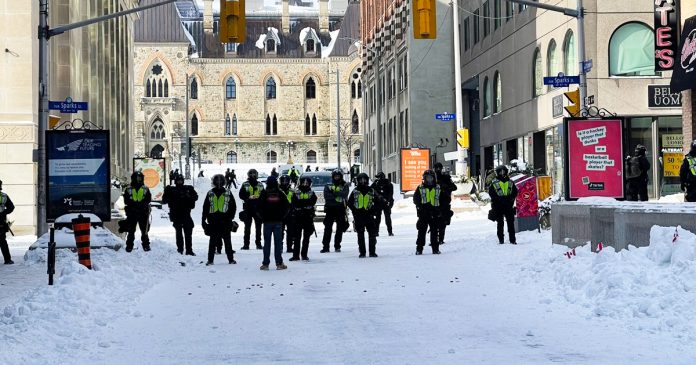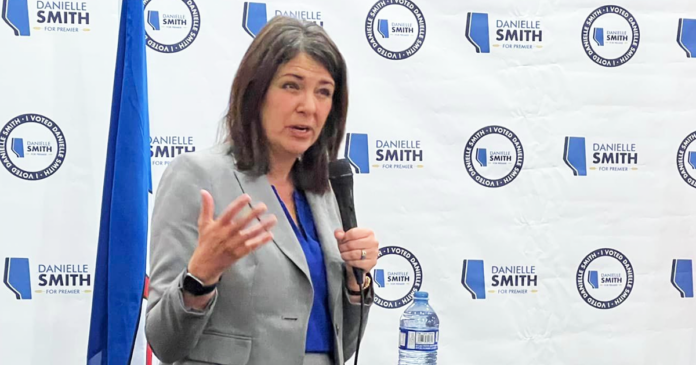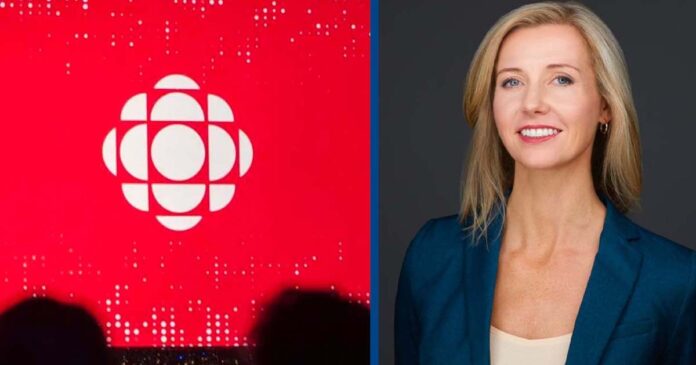The head of the Ontario Federation of Agriculture (OFA) told parliament that farmers were anxious about losing fertilizer inputs, citing Liberal government targets to reduce emissions from fertilizer use by 30%.
OFA President Peggy Brekveld told the House of Commons agriculture committee last week that the government was “making a mistake” in the way it was approaching the issue.
“One thing I will say is that farmers are very, very nervous about the potential of losing the ability to use inputs, including fertilizer,” said Brekveld.
“There has been clarity that the government is looking to reduce emissions, and I understand that, but on the other side, many farmers see that if we measure using fertilizer, we’re probably making a mistake, because when we use fertilizer, if we don’t use enough, we actually degrade the soil.”
“I think the better way to measure for emissions would be to use a reckoning of how many best management practices farmers are using on the land. We know from research that those actually will reduce emissions, and I do think that it also will provide us with the ability to continue to produce more and more food for the world,” she continued.
Prime Minister Justin Trudeau’s 2020 climate plan included a voluntary target for farmers to cut emissions from fertilizer use by 30% below 2020 levels in the next ten years.
Despite warnings from farmers that meeting the target would mean a drastic decline in yields, Liberal Minister of Agriculture Marie-Claude Bibeau has dismissed the fears as “a lot of misinformation.”
While testifying at the committee, former Conservative MP and farmer Ted Menzies blasted the policy as a “regulatory burden” at a time when agricultural producers are already paying record prices for fertilizer inputs.
“You will have seen a report out of Brazil, where they’re very concerned about next year’s crops because, with the price of fertilizer, farmers have reduced their inputs. Brazil is a major food source for all of South America, so that is another concern simply because of the cost of fertilizer, and that’s without a regulatory burden placed on top of it,” explained Menzies.
Earlier this week, the President of Yara International – one of the largest fertilizer companies in the world – told shareholders during a third quarter meeting that the world was on the cusp of a food crisis due to dwindling fertilizer supplies.
“The world’s food supply cannot be maintained without nitrogen,” said Svein Tore Holsether.
“We are deeply concerned about the state of global agriculture… Yara’s markets have never been more challenging than what we have seen in the past 12 months with European production costs reaching an all-time high.”


























